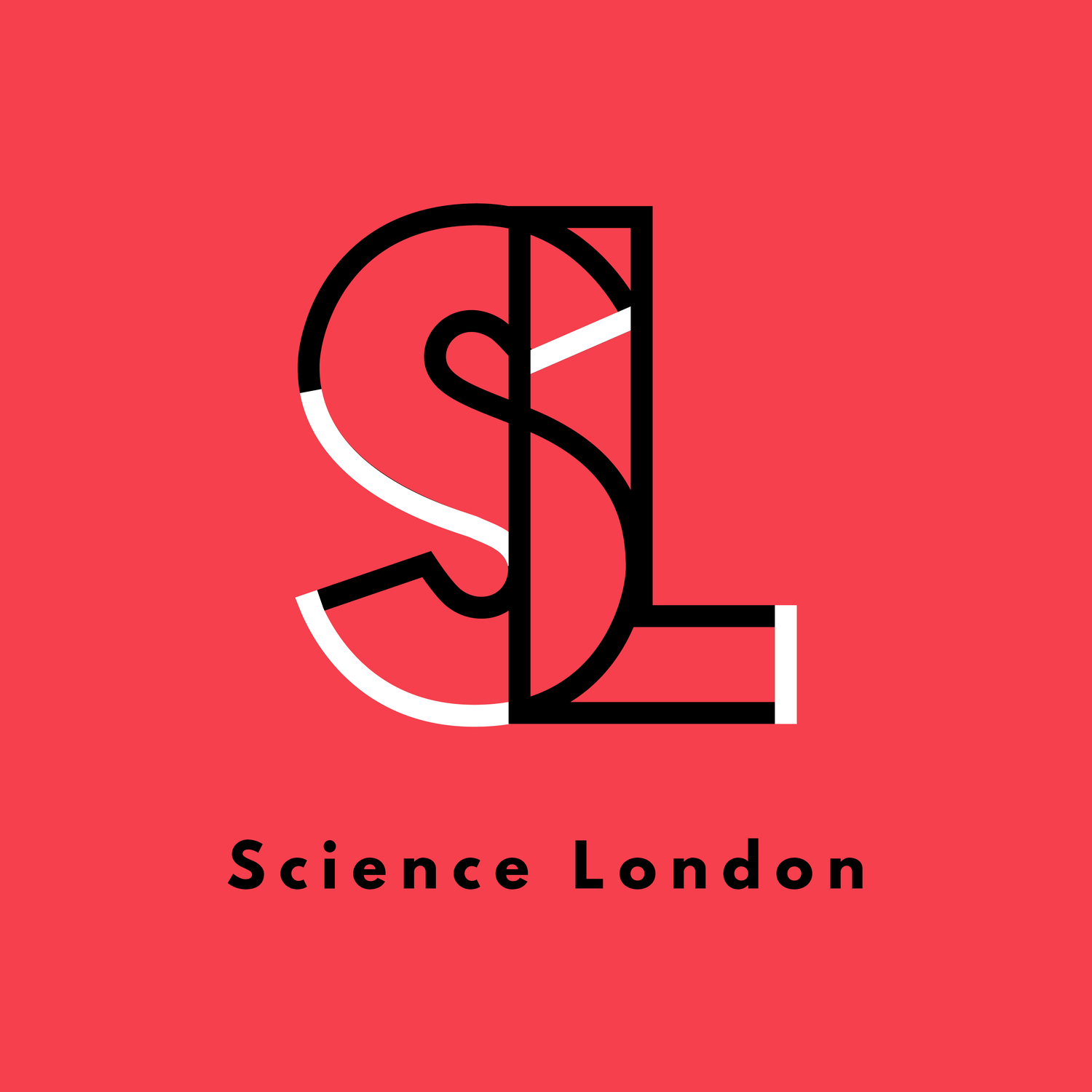Our Commitment
Science London reformed in January 2020, moving away from our roots as an arm of the British Science Association and finding our own way as a support and development network for scientists and science communicators to employ equitable practise within their work.
Our first workshop on the 30th January focussed on barriers to access in science communication work. Run by Hana Ayoob, it critically explored why a lack of diversity is still an issue in science and science communication. Long story short, when we are thinking about science communication, science engagement and bringing science out of the lab, our audiences always have a tendency to reflect the diversity of our speakers and contributors. No surprises there, since contributors often set the tone, the topics - and therefore the relevance of their events, programmes and conversations. So it makes sense that if science budgets and priorities are set by, and primarily practised by largely white, wealthy, able bodied, powerful individuals, then science itself will serve those who reflect these characteristics most.
As science communicators we often talk about wanting to ‘open up’ science, bringing it to those who might not ‘typically engage’, but this is a really hard task unless we critically assess all the structures, practises and assumptions that make up the western science that dominates our practise in the UK today. This is what we, at Science London, aim to address in our upcoming programming. What are our implicit biases? How can we actually engage in critical thought to dismantle them on a personal and institutional level? What does action look like? How does action differ between people’s views and between communities?On our journey to making Science London’s events regular, we encountered a series of global crises: a viral pandemic which pulled accessibility into stark contrast across the world; groundswelling support for the Black Lives Matter movement following the deaths of George Floyd, Breonna Taylor and Ahmaud Arbery, and many other Black folk at the hands of state actors. As a diverse team we were all affected differently by the pandemic and the unavoidable spotlight on racism over the past few weeks and months. We have taken time to reflect separately and together. Ultimately we feel that the work we set out to do to build on existing work and empower individuals to do equitable, anti-racist, inclusive and diverse science communication is vital, but that a thoughtful longterm response is crucial.
We’ve collectively explored ideas ranging from running anti-racism panels NOW and paying people of colour to take over our Twitter NEXT WEEK as ways to elevate their voices. However we acknowledge the additional intellectual and emotional labour this creates for Black and Minority Ethnic* members of the science community and believe that the work, first and foremost, is ours to do and must sit within a longer term programme of activities and resources from Science London. We have instead worked to plan out a longer term Science London programme, that recognises structural and systemic change is an ongoing commitment and we must be responsive to the needs of the community.
So starting from next week we’ll be enacting this programming. We begin by highlighting structural inequalities in science and science communication through content we have produced by pulling together, highlighting and recognising activists across science, technology and society. The things we share are part of our own process to challenge ourselves and the science we are a part of, and we hope that you will join us on that journey. There is no shortcut to transform science. The journey is long, difficult, uncomfortable, painful, exasperating. Science London will be working to digest information and share relevant thoughts, articles, videos, discussions to the science and science communication community and we look forward to and excited to hear your thoughts, challenges, critiques and discussions, as we develop together.
Science London is led by a volunteer committee, compensated by an honorarium. We strive to practice equitable, anti-racist, inclusive and diverse science communication practices as well as empowering members of the science communication community to do the same. We recognise that we are not experts, and that we are likely to be, and to have been, culpable of the very problems we seek to address, and we are keen to hear your thoughts on our work. We welcome your engagement - you can get in touch with us on Twitter, Instagram, or by email on info@science
*There is much discussion in Summer 2020, building on historic debates about terminology and capitalisation, about different terms to use to describe disparate and wide ranging groups that are marginalised in our society. We have decided to use “Black and Minority Ethnic” in this instance, but recommend that specific terms are used where possible when talking with/about community groups. We are aware that there are discussions about different terms ongoing online, and highlight some of them below for your engagement.
Using BAME and BME: https://civilservice.blog.gov.uk/2019/07/08/please-dont-call-me-bame-or-bme/
Rejecting BAME: https://shadesofnoir.org.uk/b-a-m-e-is-l-a-m-e/
Rethinking “People of Colour”: https://www.wired.com/story/rethinking-phrase-people-of-color/
Capitalising Black and not white: https://radicalcopyeditor.com/2016/09/21/black-with-a-capital-b/
https://www.theguardian.com/media/2020/jun/20/associated-press-style-guide-capitalize-black
Capitalising both Black and White: https://zora.medium.com/im-a-black-scholar-who-studies-race-here-s-why-i-capitalize-white-f94883aa2dd3?fbclid=IwAR1_PsfEJx0oOU5RNFXT1GM4tl39Fo2HlH4zxQ7qOyrn1cdGFujq7lEetfU


